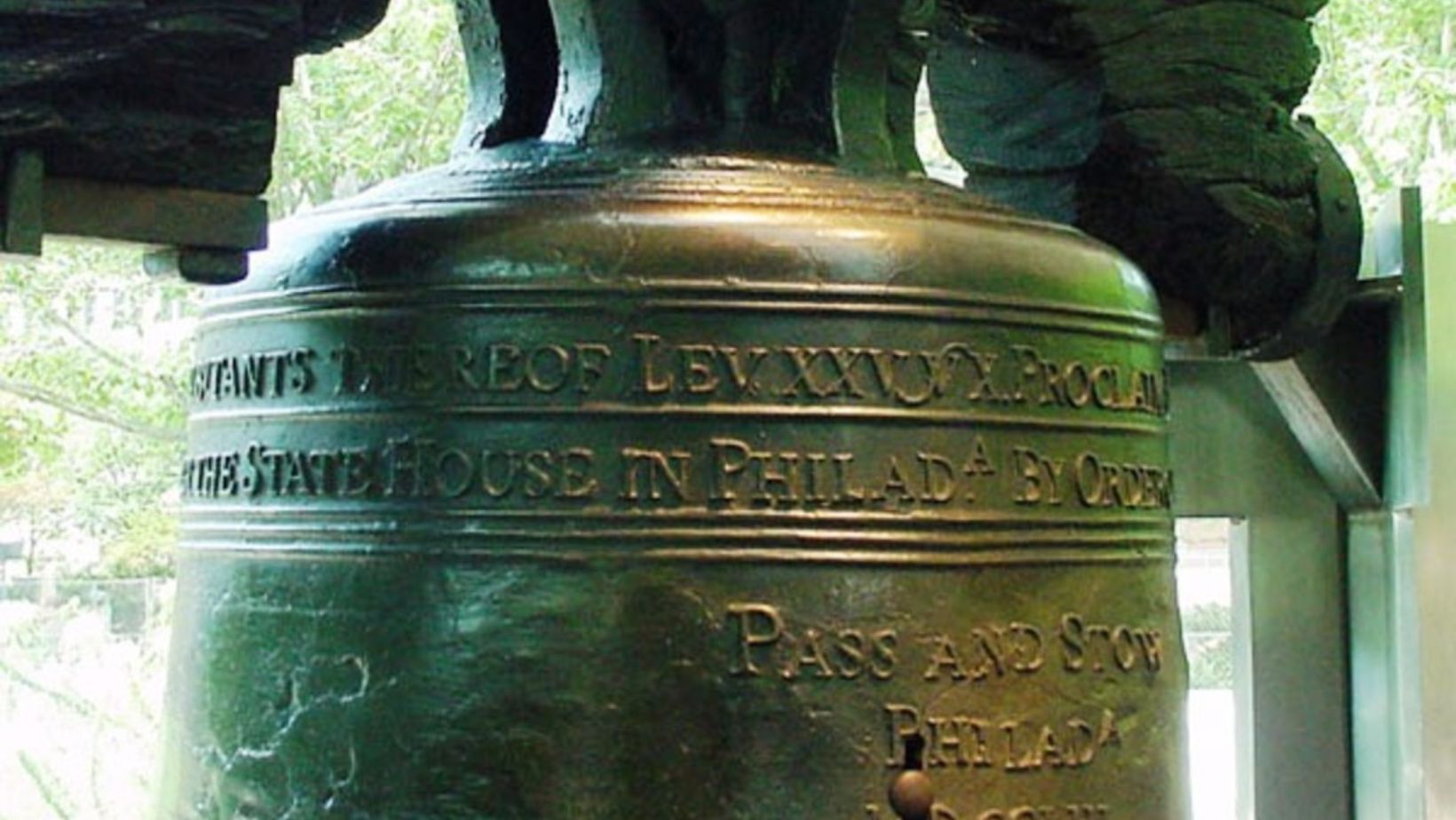James Madison noted about the American founding that “[i]n Europe, charters of liberty have been granted by power. America has set the example … of charters of power granted by liberty. This revolution in the practice of the world, may, with an honest praise, be pronounced the most triumphant epoch of its history, and the most consoling presage of its happiness.”
The principles of freedom laid down at our nation’s founding were unique in the course of human history. While American liberty had precursors, it had no precedent.
But even when it was new and revolutionary, the American founders saw that liberty is not without its perils. James Madison observed that “[l]iberty may be endangered by the abuses of liberty as well as the abuses of power,” and John Adams, in a letter to J.H. Tiffany, wrote “I would define liberty to be a power to do as we would be done by. The definition of liberty to be the power of doing whatever the law permits…does not seem satisfactory.”
These days, in the rare cases when someone is called to account for an unvirtuous but not illegal word or deed, it is all too common to hear the retort: “Well, it’s a free country.” And, so it is. But abusing our liberty—regarding it as doing simply what we want, rather than the freedom to do what we ought—is the surest and quickest way to lose it.


